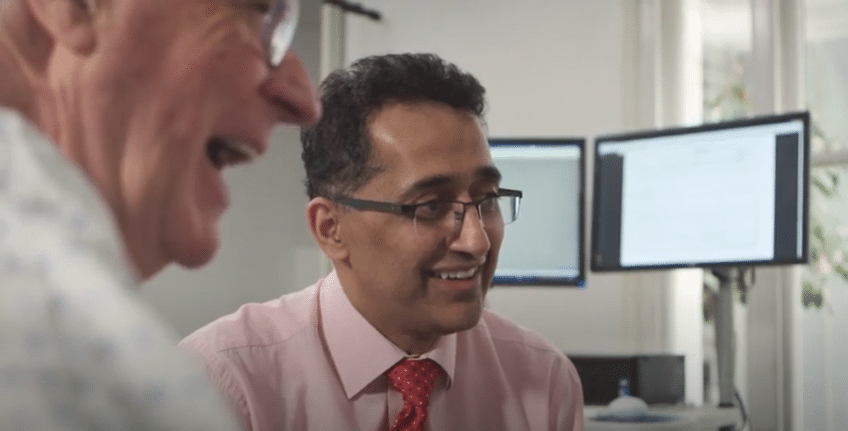
Our cardiologists are at the cutting edge of their fields of interest. They are active researchers and are asked to lecture locally and internationally. See below for a selection of their research:
Jones DA, Rathod KS, Koganti S, Lim P, Firoozi S, Bogle R, Jain AK, MacCarthy PA, Dalby MC, Malik IS, et al.
The association between the public reporting of individual operator outcomes with patient profiles, procedural management, and mortality after percutaneous coronary intervention: an observational study from the Pan-London PCI (BCIS) Registry using an interrupted time series analysis.
Eur Heart J. 2019 Aug 14;40(31):2620-2629. doi: 10.1093/eurheartj/ehz152.
DEFINE-FLAIR Trial Investigators, Lee JM, Choi KH, Koo BK, Dehbi HM, Doh JH, Nam CW, Shin ES, Cook CM, Al-Lamee R, Petraco R, Sen S, Malik IS, et al
Comparison of Major Adverse Cardiac Events Between Instantaneous Wave-Free Ratio and Fractional Flow Reserve-Guided Strategy in Patients With or Without Type 2 Diabetes: A Secondary Analysis of a Randomized Clinical Trial.
JAMA Cardiol. 2019 Sep 1;4(9):857-864. doi: 10.1001/jamacardio.2019.2298.
Howard JP, Tan J, Shun-Shin MJ, Mahdi D, Nowbar AN, Arnold AD, Ahmad Y, McCartney P, Zolgharni M, Linton NWF, Sutaria N, Rana B, Mayet J, et al.
Improving ultrasound video classification: an evaluation of novel deep learning methods in echocardiography.
J Med Artif Intell. 2020 Mar 25;3:4. doi: 10.21037/jmai.2019.10.03.
Handa BS, Li X, Baxan N, Roney C, Shchendrygina A, Mansfield CA, Jabbour R, Pitcher D, Chowdhury RA, Peters NS, Ng FS.
Ventricular fibrillation mechanism and global fibrillatory organisation are determined by gap junction coupling and fibrosis pattern.
Cardiovasc Res. 2020 May 13:cvaa141. doi: 10.1093/cvr/cvaa141. Online ahead of print.
Falkenberg M, Hickey D, Terrill L, Ciacci A, Peters NS, Christensen K.
Identifying Potential Re-Entrant Circuit Locations From Atrial Fibre Maps.
Comput Cardiol (2010). 2019 Nov 8;2019:1-4. doi: 10.22489/CinC.2019.102.
Feeny AK, Chung MK, Madabhushi A, Attia ZI, Cikes M, Firouznia M, Friedman PA, Kalscheur MM, Kapa S, Narayan SM, Noseworthy PA, Passman RS, Perez MV, Peters NS, et al
Artificial Intelligence and Machine Learning in Arrhythmias and Cardiac Electrophysiology.
Circ Arrhythm Electrophysiol. 2020 Jul 6. doi: 10.1161/CIRCEP.119.007952. Online ahead of print.

